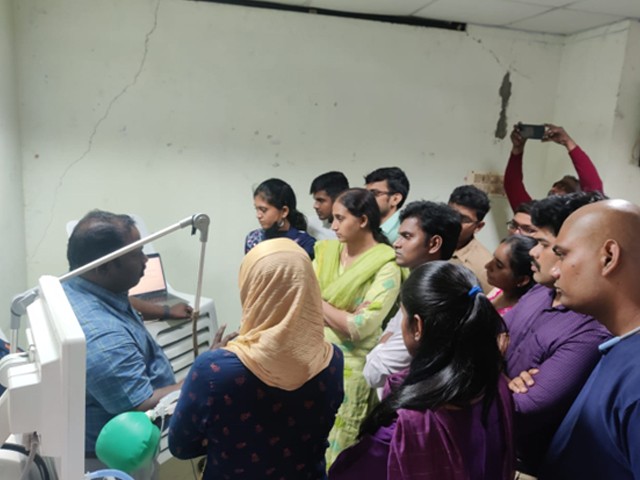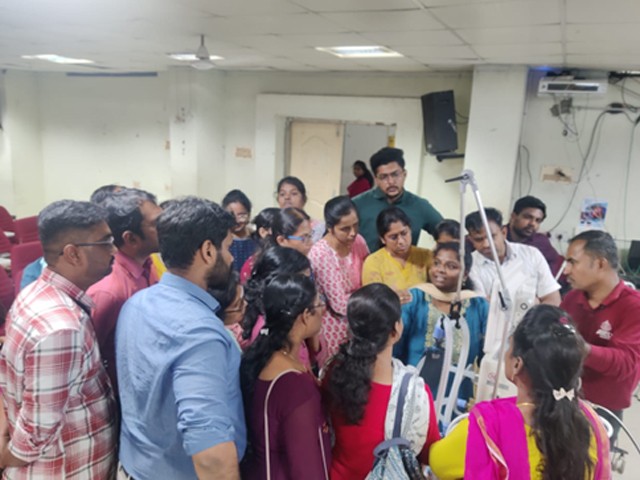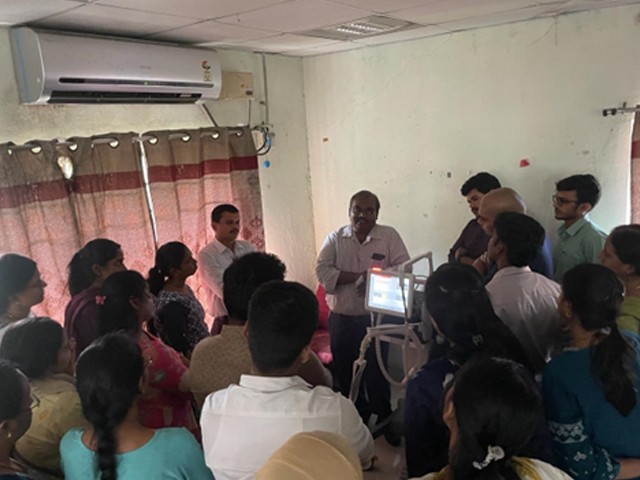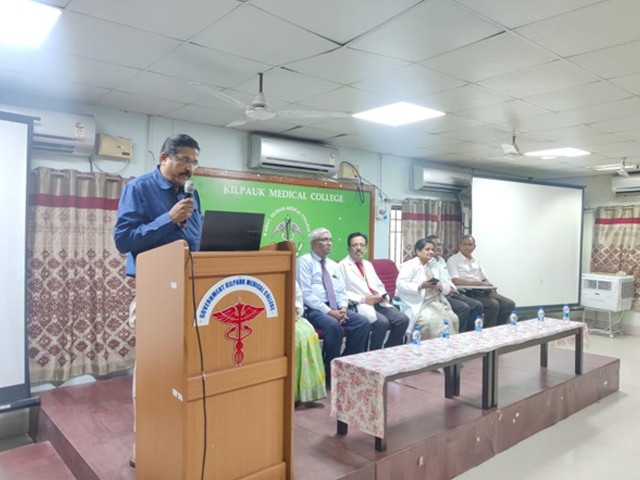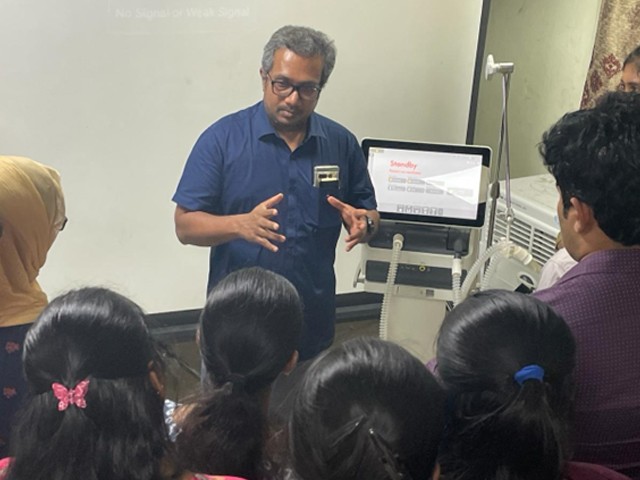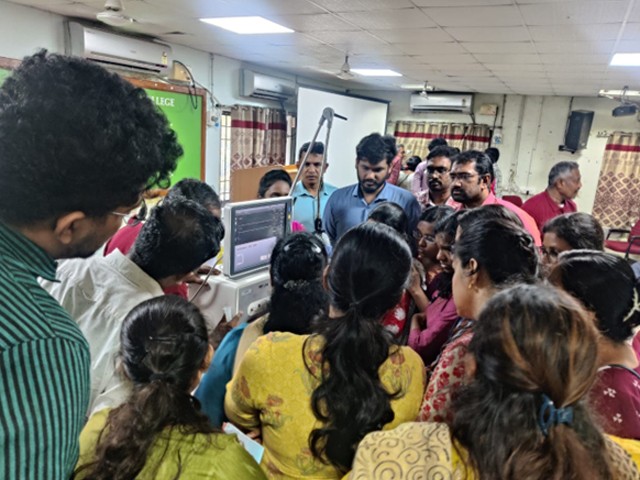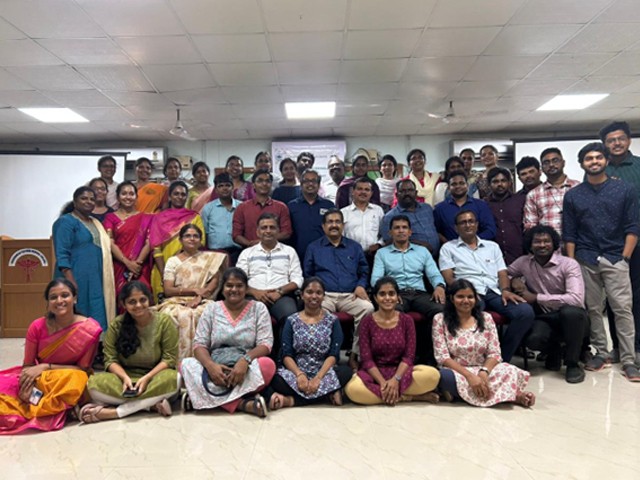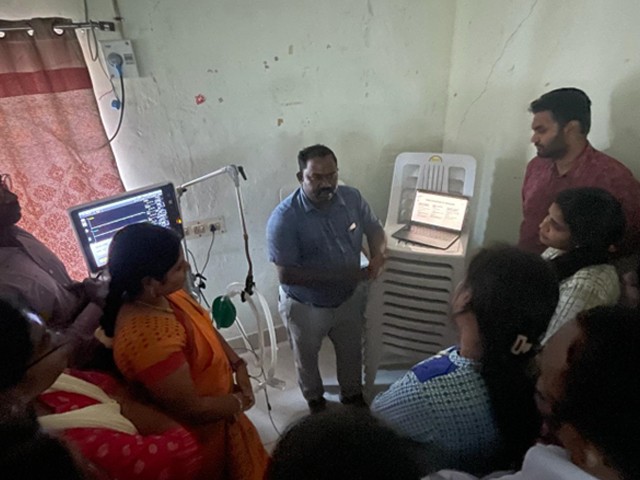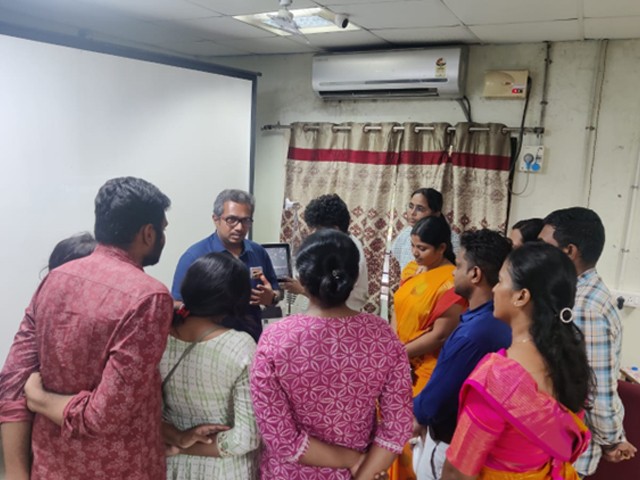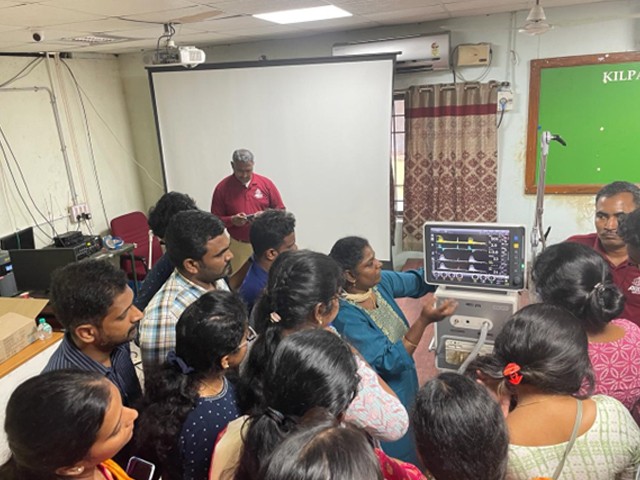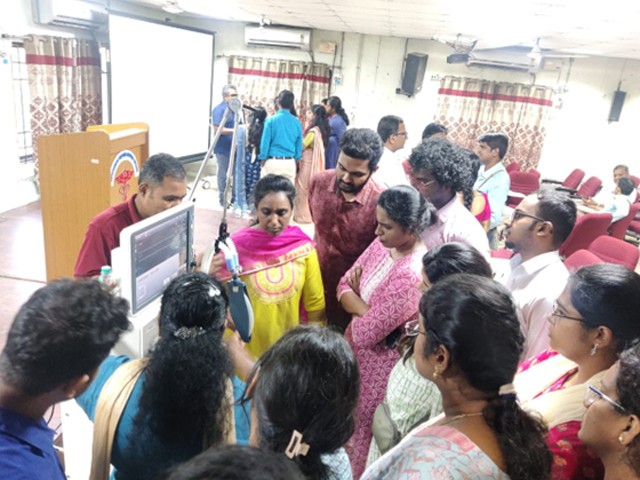Anaesthesiology
Anaesthesiology
Introduction
The Department of Anaesthesiology at KMC was incepted in the year 1960. Being a major
surgical allied broad speciality department that aims at providing patients with safe
and effective anaesthesia care of the highest standard and quality.
The care that we provide is not only limited inside the OR (operating rooms) but also extends in Pre-operative optimisation and also in the Post-operative care.
◉ To provide safe anaesthesia, high quality medical education, and ethical research in anaesthesia.
◉ To Provide safe, compassionate, prompt and clinically advanced care to every patient.
◉ To impart high quality undergraduate and post graduate medical education along with well-organized residency programme in anaesthesia
◉ To achieve excellence in evidence based clinical care and research in anesthesia.
The care that we provide is not only limited inside the OR (operating rooms) but also extends in Pre-operative optimisation and also in the Post-operative care.
Vision
◉ To provide safe anaesthesia, high quality medical education, and ethical research in anaesthesia.
Mission
◉ To Provide safe, compassionate, prompt and clinically advanced care to every patient.
◉ To impart high quality undergraduate and post graduate medical education along with well-organized residency programme in anaesthesia
◉ To achieve excellence in evidence based clinical care and research in anesthesia.
Infrastructure
ACADEMIC PROGRAMMES
Program Specific Outcomes (PSOs)-UG
◆ The students should have a fair knowledge of basic sciences (Anatomy, Physiology, Pharmacology, Statistics and Physics) as applied to Anaesthesia.
He / She should be fully conversant with the bedside procedures (diagnostic and therapeutic).
◆ The students should develop attitude that leads to appropriate communication with colleagues to function in a group in a group in
Operating room /Intensive Care Unit and develop the ability to function as a leader in the operating room.
◆ 1st MBBS – FOUNDATION COURSE IN BLS ( conducted in batches)
◆ CMRI – CompulsarY 15 daYs posting in Anaesthesia departments
◆ ALL posted CMRI have to undergo training in BLS and ACLS once in the Department.
For POST GRADUATES
| WEEK | TUESDAY | THURSDAY | SATURDAY |
| 1ST WEEK | INTERESTING CASE DISCUSSION | JOURNAL CLUB | |
| 2ND WEEK | LOG BOOK SUBMISSION | GROUP DISCUSSION | GUEST LECTURES |
| 3RD WEEK | STUDENT ACTIVITY UPDATE | JOURNAL CLUB | SYMPOSIUM |
| 4TH WEEK | MONTHLY INTERNAL ASSESMENT EXAM |
PG – (M.D) Department of Anaesthesiology
◆ Postgraduate course requires the student to have fair knowledge of basic sciences (Anatomy, Physiology, Biochemistry, Microbiology, Pathology, Pharmacology, Statistics and Physics) as applied to Anaesthesia. He/she should be fully conversant with the bedside procedures (diagnostic and therapeutic) and have knowledge of latest diagnostics and therapeutics procedures.
◆ The student should learn the basic methodology of teaching and develop competence in teaching medical/paramedical students. The student should be familiar with the latest teaching (computer and power point presentation) modes including simulators training and evidence based medical education.
◆ Competent to anaesthetize all categories of patients from ASA-I to V with medical problems for every type of elective and emergency surgery.
◆ Should be able to diagnose and treat acute and chronic pain conditions.
◆ Should be competent to manage critically ill patients in emergency and ICU requiring routine to advanced monitoring, mechanical ventilation and other interventions.
◆ Should be aware of the recent advances and developments in medical sciences as related to anaesthesia, analgesia and critical care.
◆ Should be oriented to principles of research methodology
Services
We provide complete anaesthesia care to the entire surgical service that includes
Obstetric and Gynaecology, ENT, Pediatric surgery, General surgery, Orthopedics,
Vascular surgery, Urology, Surgical Gastroenterology, Plastic surgery, Neuro surgery,
Organ transplantation, Ophthalmology. The patients under ASA physical status criteria
from I to VI.
We provide clinical services at various remote locations include anesthesia for the
procedures in cardiac catheterization laboratory, interventional neuroradiology suite,
CT and USG guided procedures, procedure done in MRI room, gastro endoscopic and
bronchoscopic procedures, and anesthesia for ESWL and labour analgesia.
Besides providing anesthesia, the department also runs a pre operative assessment clinic
and pain management services that caters to patients with chronic pain.
Anesthesia services are available for both elective and emergency surgical procedures
round the clock. We investigate new ideas via clinical research studies to develop a
working environment that enhances the clinical and academic strength of our faculty and
residents to provide comprehensive anesthesia care and pain services.
Faculty
Department List
| Name of the Faculty | Designation | RECENT PASSPORT SIZE PHOTO (SOFT COPY) | |||
| Dr.S.KRISHNAKUMAR | Professor &HOD | 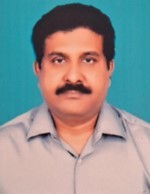 |
|||
| Dr.BALASUBRAMANIAM | Professor | 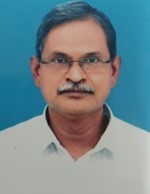 |
|||
| Dr.K.SENTHILKUMAR | Professor | ||||
| Dr.NIRANJAN | Professor | ||||
| Dr.S.SUDHAKARAN | Associate Professor |  |
|||
| Dr.B.K. JAYALKAKSHMI | Associate Professor | 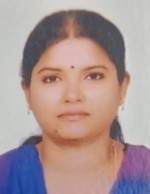 |
|||
| Dr.R.K.SIVAKUMAR | Associate Professor | 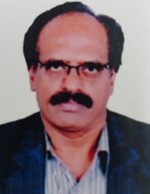 |
|||
| Dr.J.S.KARTHIKKAMAL | Associate Professor | ||||
| Dr.PAUL PRAVEEN KIRUBAGARAN | Associate Professor | 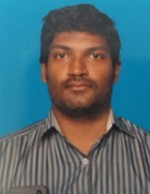 |
|||
| Dr.D.SASIKUMAR | Assistant Professor | 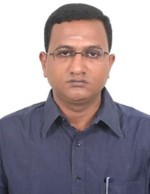 |
|||
| Dr.G.ANANDHAKUMAR | Assistant Professor | 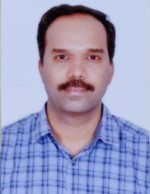 |
|||
| Dr.S.SANGEETHA | Assistant Professor |  |
|||
| Dr.G.PERIANNAN | Assistant Professor | ||||
| Dr.P.SENTHILKUMAR | Assistant Professor | 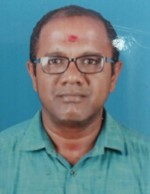 |
|||
| Dr.J.KAVITHADHEVI | Assistant Professor | 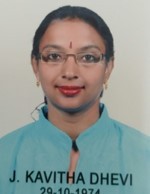 |
|||
| Dr.N.SARANYADEVI | Assistant Professor |  |
|||
| Dr.C.Kalaiyarasi | Assistant Professor | ||||
| Dr.R.BRINDHA | Senior Resident | 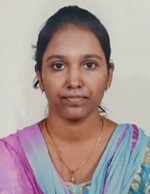 |
|||
| Dr.V.VELMURUGANANTH | Senior Resident | 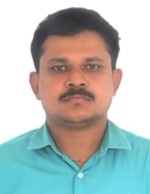 |
|||
| Dr.M.NITHYA PRIAN | Senior Resident | 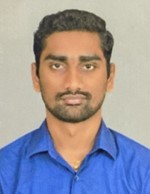 |
|||
| Dr.R.KAVYA | Senior Resident |  |
|||
| Dr.B.VIJAYABHASKAR | Senior Resident | ||||
| Dr.D.JANSI | Senior Resident | 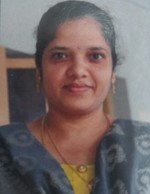 |
|||
| Dr.S.Rajendran | Senior Resident | 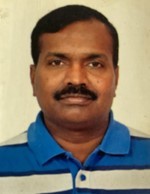 |
|||
| Dr.J.Rajkumar | Senior Resident | 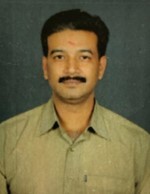 |
|||
Research and Publication
Awards
| Name | Date | Description |
|---|---|---|
| Dr.T.Murugan | 17-07-2021 | Award for Oxygen management during Corona Pandemic |
| Dr.D.Sasikumar | 17-07-2021 | Covid Warrior award |
EVENTS:
◉ EVENTS
◉ PREPP
◉ ISACON 2010
◉ ISACON 2019
◉ CME for other department Post Graduates
◉ AS a part of CME, VENTILATORS – PRINCIPLES OF MECHANIICAL VENTILATION was conducted with extensive power point presentation accompanied bY HANDS ON WORKSHOP.
◉ SERVICES INSIDE OR
◉ SPECIALITY CLINICS
◉ PRE-OP ASSESMENT CLINIC
◉ PAIN CLINIC
◉ CRITICAL AREAS COVERED
◉ PAICU
◉ CRITICAL CARE SERVICES are also rendered to other Departments AS AND WHEN REQUIRED which includes
1.DIFFICULT INTUBATION
2.MANAGEMENT OF PATIENTS ON VENTILATORS
3.SECURING CENTRAL VENOUS ( SURGICVAL ADULTS, BURNS, PAEDIATRIC PATIENTS)
► MAINTAINENCE OF BRAIN DEAD DONOR
► NON OPERATING ROOM ANAESTHESIA
► IN RadiologY Department ( CT/MRI SUITS)
► For INTRACAVITARY RADIATION for Cancer Patients
► For ablation of Tumours by Imaging Modalities
Gallery
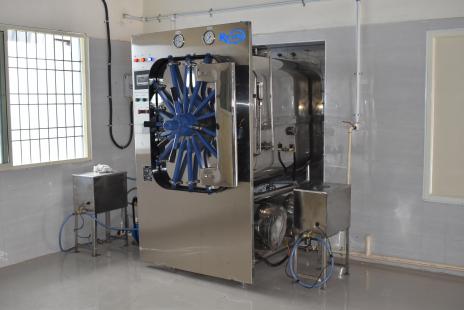
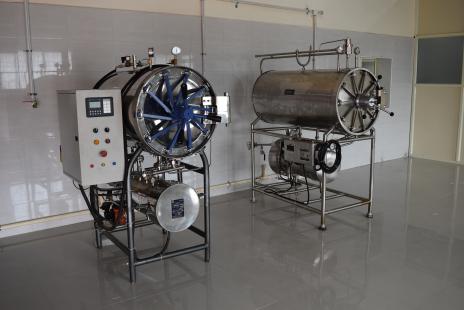
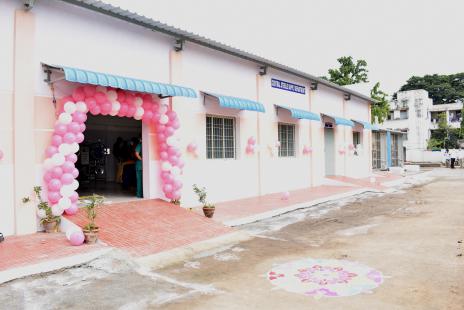
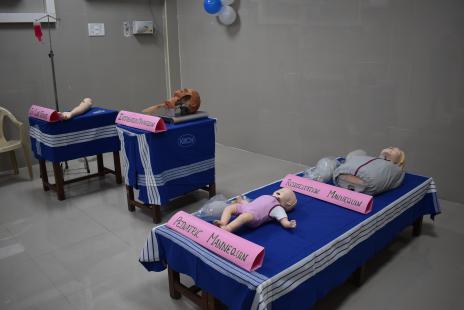
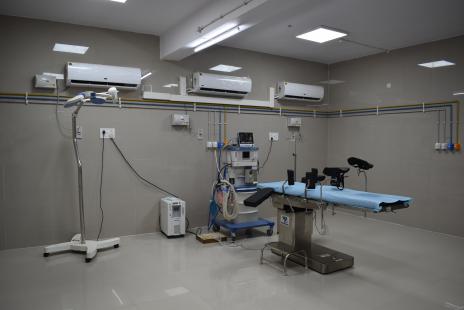
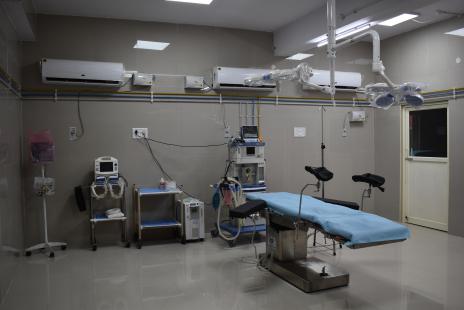
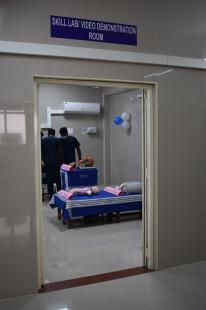

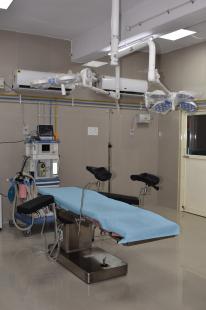
ACADEMIC ACTIVITIES
PREPP on 25th August 2024
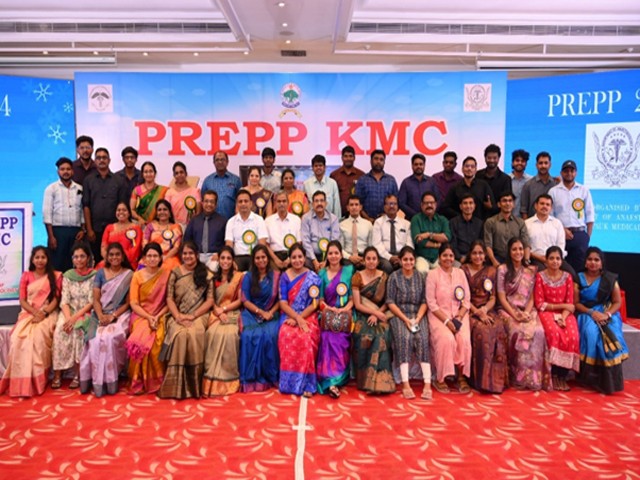
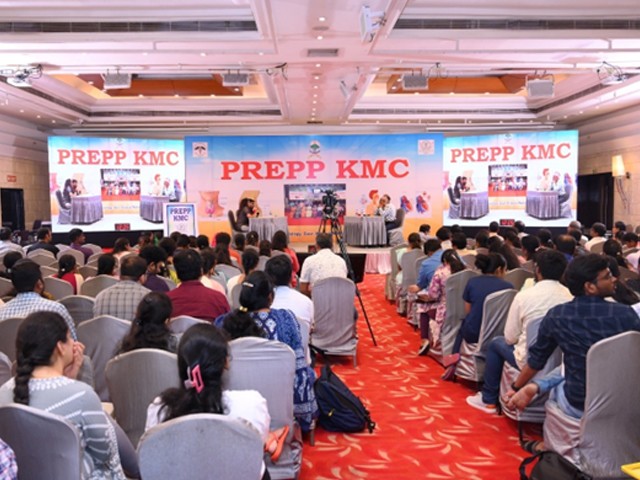
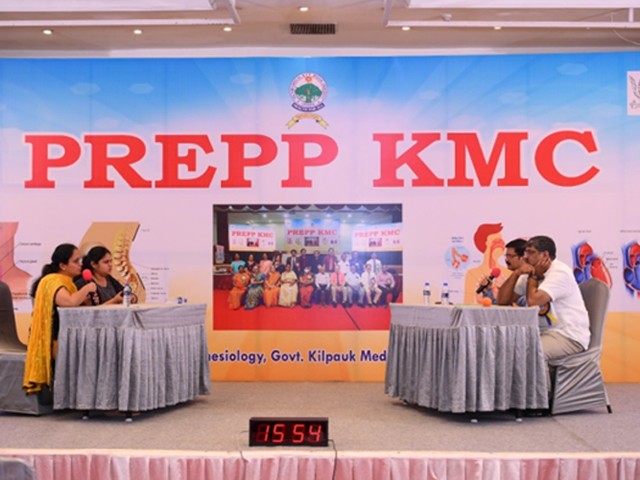
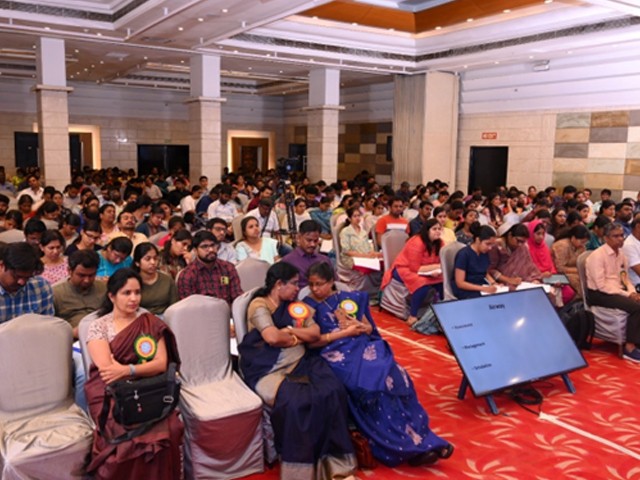
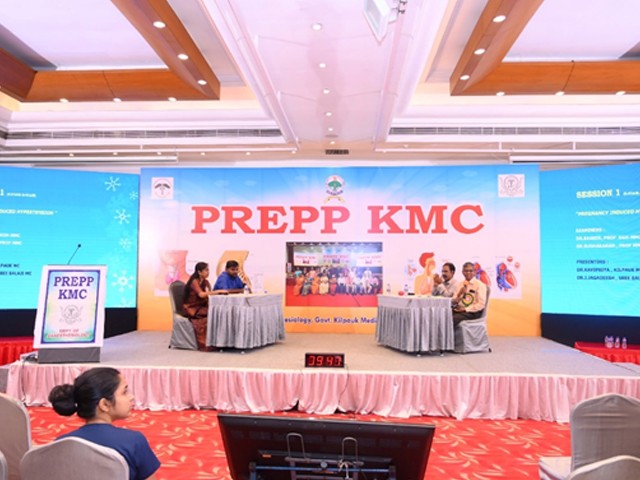
VENTILATOR CME FOR POSTGRADUATES ON 6TH APRIL 2024
